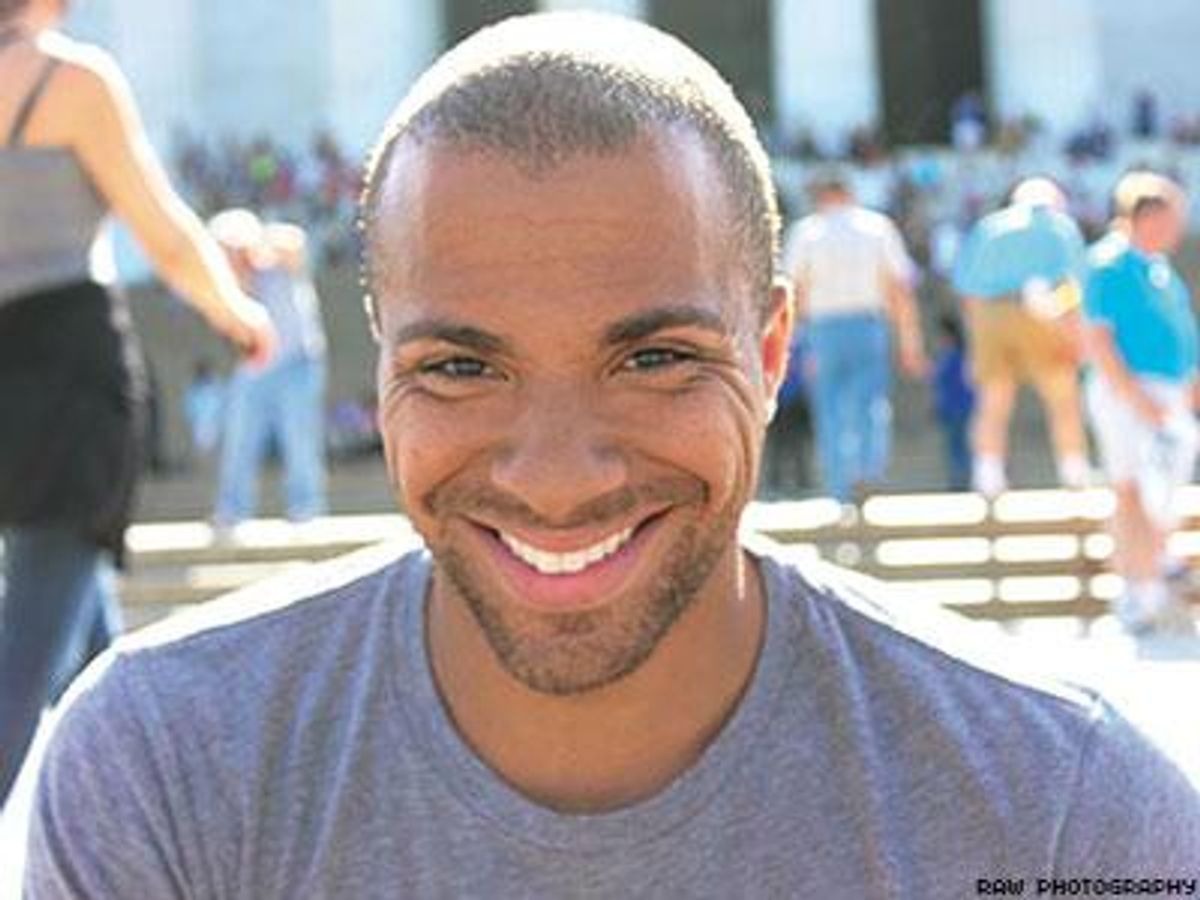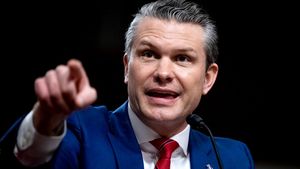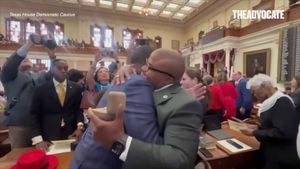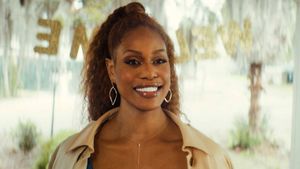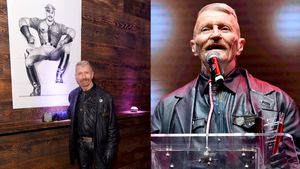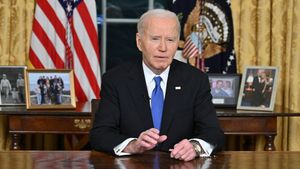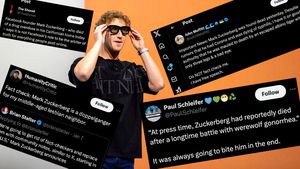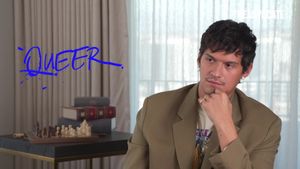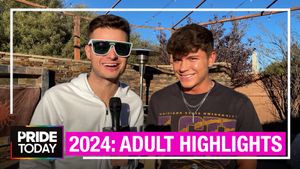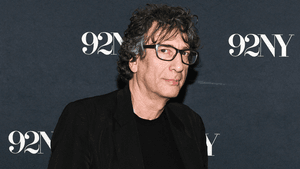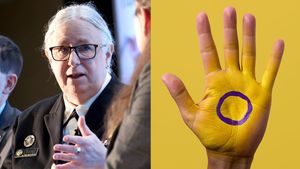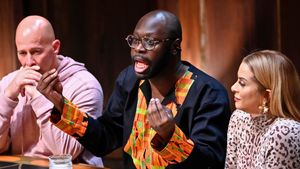After he attended the Young Black Gay Men’s Leadership Initiative’s 2014 Policy and Advocacy Summit earlier this year, blogger Patrick Ingram says he realized just how much pressure there is to act as if living with HIV is easy.
“The reality is, it is not yellow brick roads and rainbows,” he says. “Dating, making new friends, and even making new professional relationships are tough because of the fact that I am openly HIV-positive and gay. I do think, though, that I am finally free and at ease with my sexuality and HIV status and am hardly affected by those who do not want to deal with me because of their inability to address the HIV-related stigma within them.”
That straightforwardness has made the 25-year-old Ingram, who by day works as a health counselor for the Virginia Department of Health in Alexandria, a voice to be listened to. His popular blog on TheBody.com (ThePozLife.com, which he crafts with two other young black men) began in 2012 so he could “vent and share my journey of coming to terms with my HIV diagnosis. While doing this I also offered support and a listening ear to others.”
While it’s garnered the young man a legion of fans — especially young men of color so used to being underheard in the HIV discussion — he says he never sees himself as a role model. “Because I am not perfect but just simply human,” he says. “I never want to be placed in a situation where others look up to me; however, I want people to look at how I took my life changing moment and become empowered by it to take charge of their lives and any barrier they may be facing.”
He spends plenty of time on his blog educating people on treatment as prevention, what it means to be undetectable, PrEP, and why resiliency and mental strength are cornerstones of good health.
As more young people like himself speak openly about what it really is like living or being with someone with HIV, people may stop looking at the virus as “something that is not from a person who is dirty, irresponsible, or even dangerous,” he says. “HIV affects us all, regardless of things like socioeconomic status, significant others, family, friends, and education on the virus.”
Still, Ingram admits that one of his biggest concerns is the need for HIV-positive gay men to feel empowered and worthy. He meets plenty of men who “do not think they are good enough and therefore have to settle. In other situations they feel defeated and therefore do not feel like fighting to ensure they can get their medications, see their providers, have a second opinion, disclose their status to a sexual partner, and even stand up and address incorrect facts or lack of education among their peers. As HIV-postive individuals as a whole, we must know that our voice matters and that we are worth it.”
Read our full list of the 20 Amazing HIV-Positive Gay Men here.
